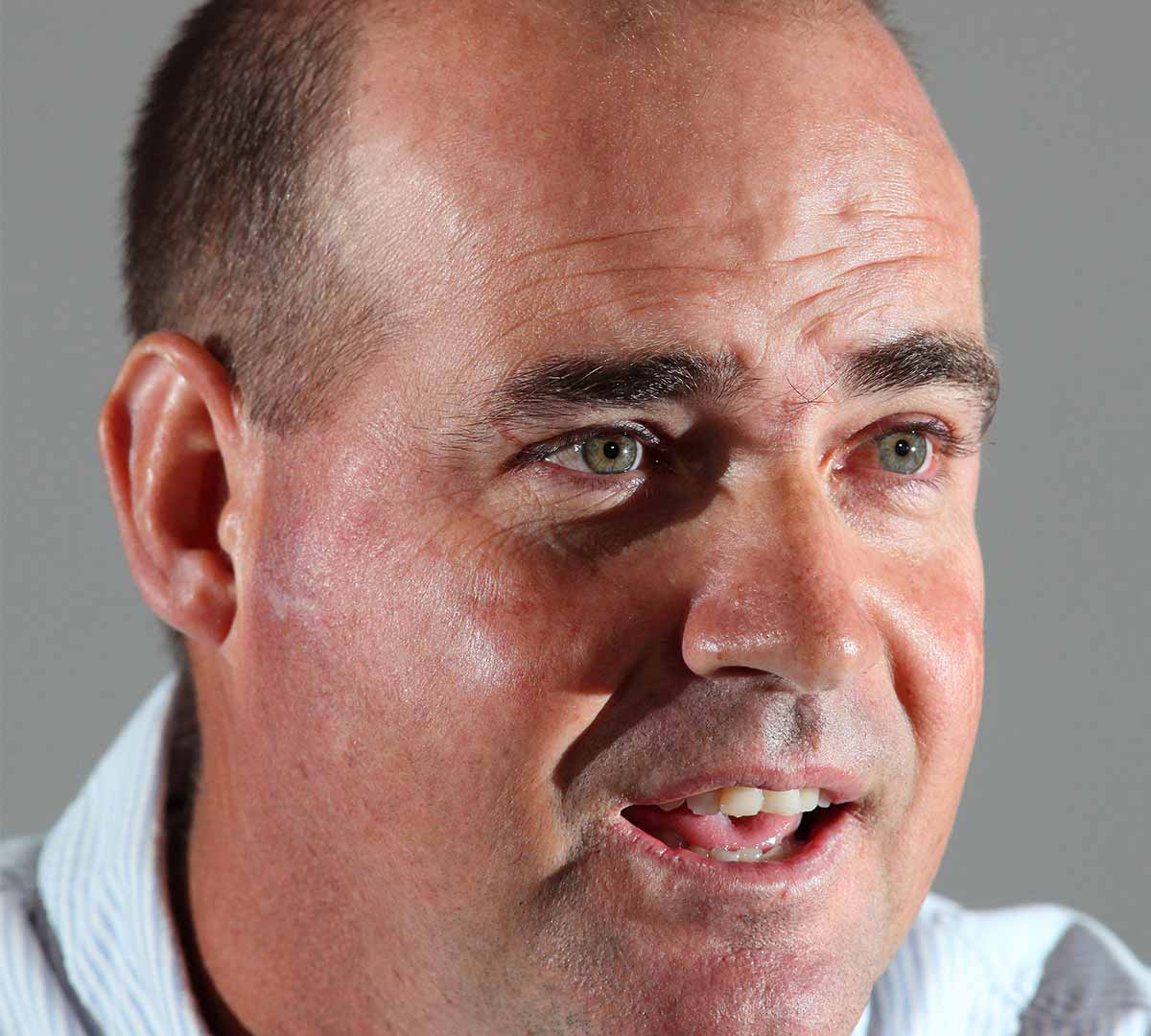From clarifying his position of match fixing allegations against Pakistan in 2010 to his not-so-successful Karachi Kings stint in the inaugural Pakistan Super League, Mickey Arthur has finally accepted the toughest job in world cricket — head coach of Pakistan team.
Without a doubt, Arthur partially deserves the credit of South Africa’s rise as number one in all three formats. Partially, because the quality of players in the team led by one of the most successful and long-serving captain Graeme Smith was one of the bigger factors.
South Africa also remained unbeaten away from home from 2006 to 2015 (Arthur left the job in 2010) which also was one of the highlights of his coaching career.
While Arthur’s tenure in his home country was good — winning 22 of the 45 Tests and lifting South Africa to series wins in England in 2008 (first in 40 years) and Australia the same year (first in 15).
But his record as Australia’s first foreign coach left his CV dented as they lost to South Africa at home and were routed 4-0 in India before a win-less Champions Trophy in England in 2013.
As a strict disciplinarian, Arthur sparked “homeworkgate scandal” on team’s tour of India in 2012 where Australia were routed 4-0. Players like Shane Watson, Mitchell Johnson, James Pattinson and Usman Khawaja were suspended from the third Test.
On one hand it was regarded as an “act of discipline” but on the other it was criticized as immature.
Arthur had a bitter relationship with Pakistan as PCB sent him a legal notice for allegations of match fixing in a 2007 one-day against South Africa, but Arthur clarified he was quoted out of context.
The allegation were apparently pointing in the fifth and final ODI in October 2007, which resulted in a 14-run win for South Africa – and a 3-2 series victory – after a dramatic Pakistan collapse.
Pakistan, chasing 234 to take the series, Pakistan were 198 for 4 with ten overs remaining, but lost those six wickets for a mere 21 runs in 6.3 overs.
Arthur was quoted as saying: “There was a strong suspicion of match-fixing and it took some of the gloss off the series win,” Arthur had told the South African website Sport24.
“We did not have any proof, but when you have been involved in the game long enough, you know when something is not right. How else do you explain a batting side needing only 40 runs with seven [sic] wickets in hand, and then losing?”
PCB did not consider those allegations and after facing problems in hiring a top coach were left to decide between Arthur, Andy Moles and Dean Jones. Arthur became the unanimous choice and PCB’s defacto chairman Najam Sethi also backed the South African.
Arthur’s first task will be to coach the team on their tough tour in England where Pakistan plays four Tests, five one-day and a Twenty20 international. He will also have the difficult task of lifting the team from their lowest-ever ninth rankings in one-day cricket.
Judging by his Karachi Kings’ stint where his team failed to reach the last three, it looks an enormous task.
But a coach is as good as his team, so players will have to respond positively to coach’s tactics and planning.
Just like any other coach, Arthur will need time. Pakistan cannot expect easy ride in England and signs are frightening. Considering England’s strength and tough conditions any result other than a 4-0 drubbing in Tests and a 5-0 rout in ODIs will be acceptable.
But like Arthur did at Western Australia, if discipline and fitness improve, then the first task will be accomplished. Improvement in performance will take time.
But do we have patience? The answer is a big NO.
